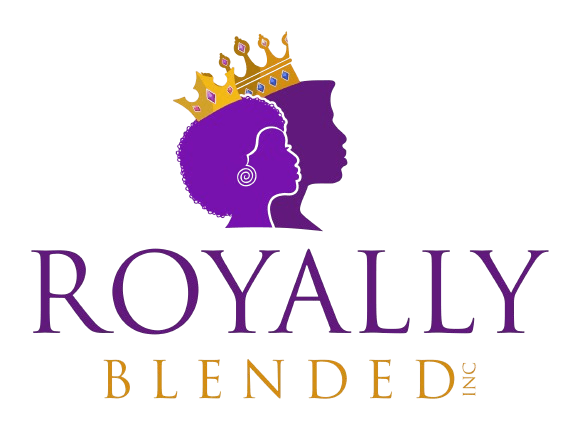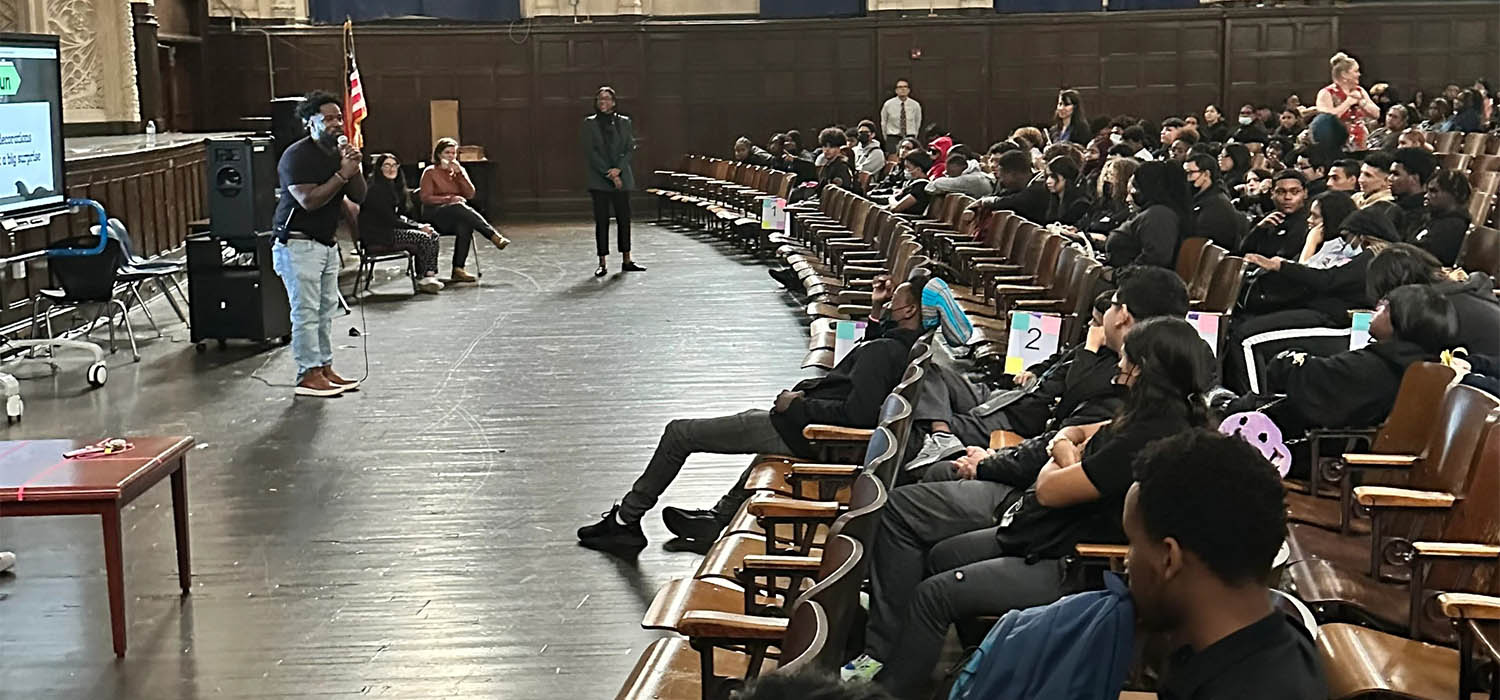Self-talk—the internal dialogue we have with ourselves—plays a critical role in shaping our perception of reality and our overall well-being. Whether we’re aware of it or not, the words we choose in our self-talk can either uplift us or hold us back. Positive self-talk is a powerful tool that can transform our mindset, boost self-esteem, and empower us to achieve our goals. But how do we harness this tool effectively, and why is it so impactful?
Positive self-talk involves replacing negative or self-defeating thoughts with more constructive, affirming ones. For example, instead of thinking, “I’m not good enough to succeed,” we can reframe it to, “I have the skills and determination to achieve my goals.” This simple shift in language can have profound effects on our mental and emotional state. Research has shown that positive self-talk can reduce stress, increase resilience, and improve overall mental health.
Moreover, positive self-talk reinforces our sense of self-worth. When we consistently speak to ourselves with kindness and encouragement, we start to believe in our capabilities and value. This, in turn, influences our actions and decisions, leading to more confident and proactive behavior. For teens and young adults, developing this habit early on can be a game-changer, helping them navigate challenges and build a strong foundation for future success.
However, cultivating positive self-talk requires practice and mindfulness. It’s important to recognize when negative thoughts arise and consciously choose to replace them with positive affirmations. This might feel awkward at first, but with time, it becomes second nature. Techniques such as journaling, meditation, and visualization can also support this process, allowing us to explore and reinforce positive messages in a deeper way.
At Royally Blended, we emphasize the importance of positive self-talk in all our programs. We teach participants how to identify and challenge negative thoughts, and we provide them with the tools to create and maintain a positive internal dialogue. By fostering this practice, we empower our youth to approach life with confidence, resilience, and a strong sense of self-worth.




